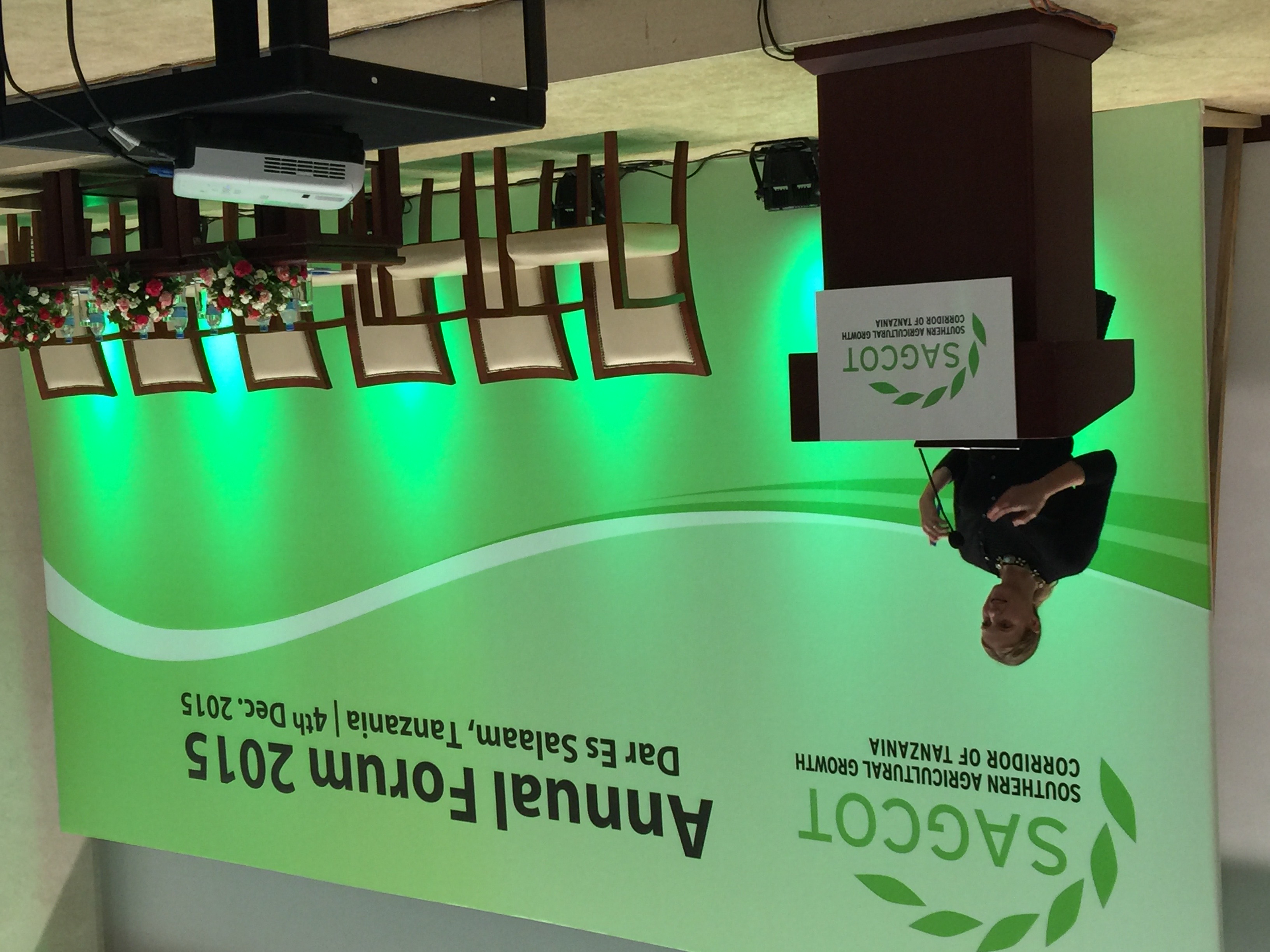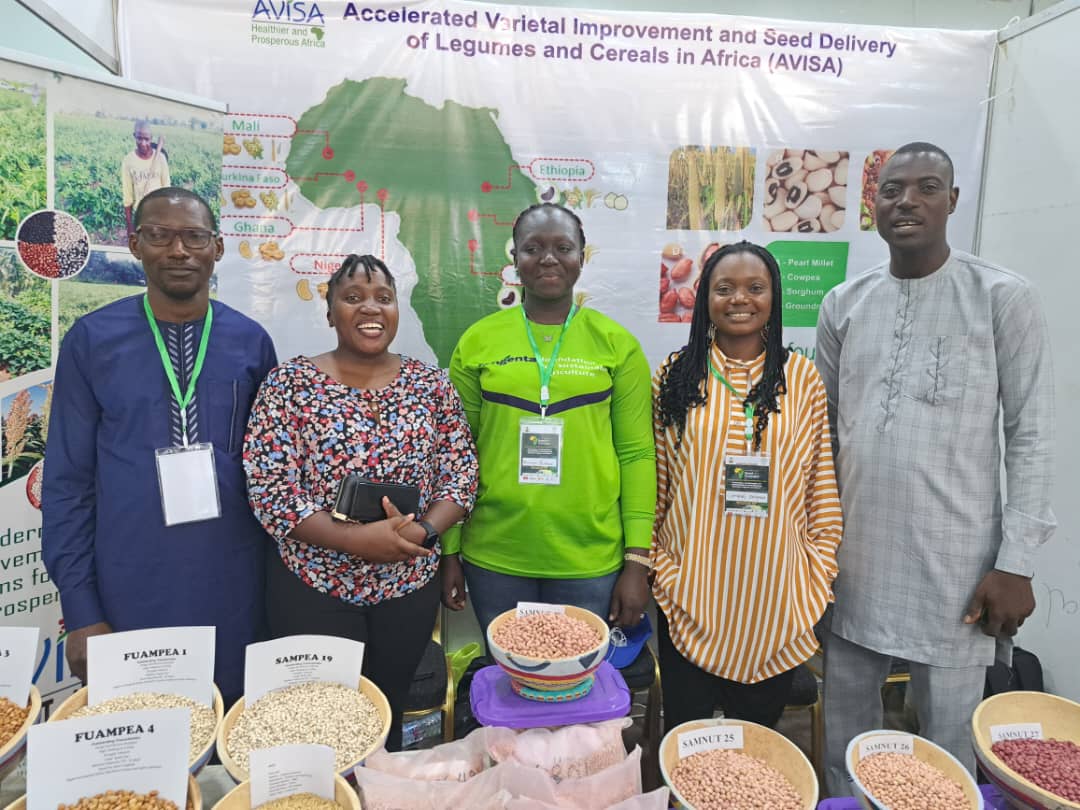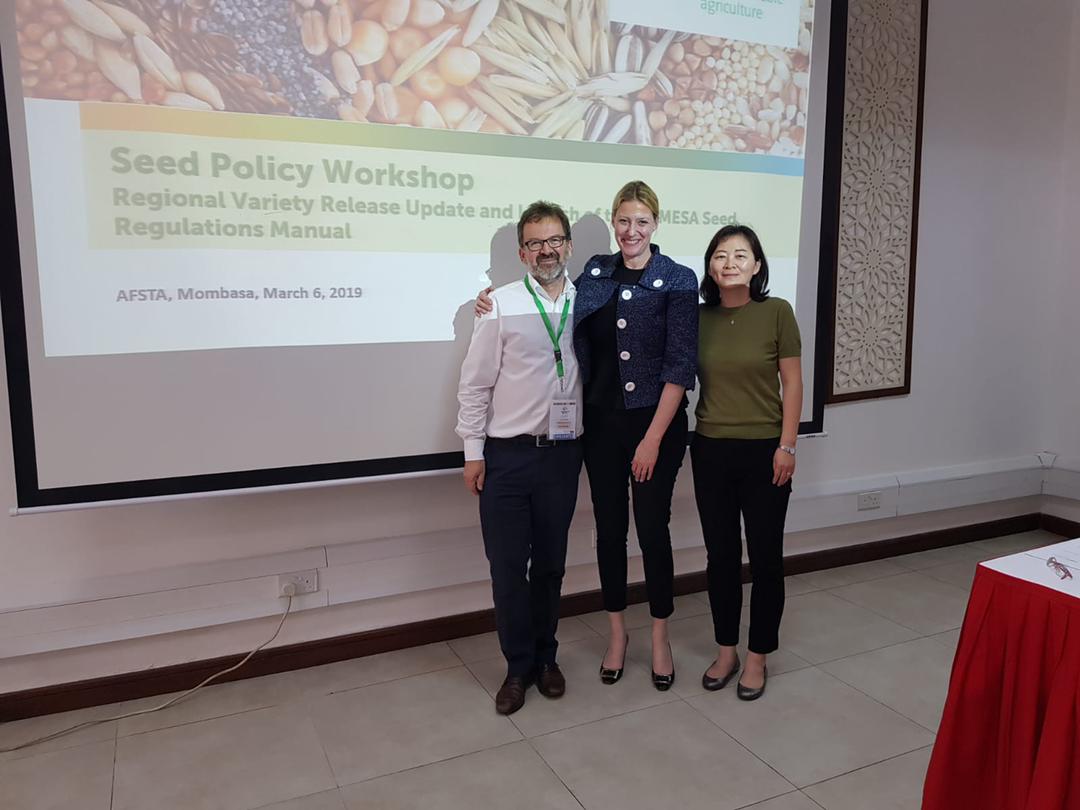Capacity Building

Law and regulation create important rights and obligations, but in many markets the majority of stakeholders are not aware of the range of rules affecting them, limiting economic opportunity to a select few. In order to create a legal framework that is more effective and fit-for-purpose, NML works to build capacity among lawyers, policymakers, and government officials to better implement legal and regulatory solutions to development challenges. NML’s projects are designed to present the law in a way that is more accessible for a wider variety of stakeholders. This is especially important for sectors that are complex, heavily regulated, and often misunderstood.
NML works to develop sustainable capacity at the local, regional, and international levels, learning considerably from those with whom we work. NML’s approach is interdisciplinary, and we often engage with local researchers, economists, professionals, and others to better understand the specific needs of stakeholders in context.

To strengthen its comparative law focus, NML is increasingly incorporating empirical research, economic analysis, and political economy considerations into its programmatic work as well. Better evidence for legal and regulatory reform is needed, and governments around the world can benefit from understanding the options, costs, benefits, and trade-offs involved in different legal and regulatory approaches.

In 2024, NML conducted an independent study examining the realities of how a possible change in trade policy at the WTO level (potential expiration of the WTO E-Commerce Moratorium) would impact MSMEs. As a capacity-building exercise, NML surveyed 450 MSMEs in South Africa and Kenya and interviewed 35 MSMEs to showcase impact and highlight their stories. NML presented the study findings in a number of fora, including at the World Trade Organization Public Forum. The project had a global impact and played a direct role in the extension of the Moratorium in 2024 after South Africa reversed its position to oppose the Moratorium. The project was an example of shifting policy in a more sustainable direction by bringing stakeholders to the forefront of policymaking.
NML also conducted two licensing training workshops in Ghana for the Council for Scientific and Industrial Research, specifically for its Crop Research Institute (CRI) in Kumasi and Savanna Agricultural Research Institute (SARI) teams in Tamale. The workshops were attended by the institutes’ management teams, plant variety
protection leads, legal representatives, and breeders. At the end of the workshops, NML supported the CRI and SARI management teams to develop a licensing roadmap, containing short- and long-term goals, which the institutions have been implementing.
NML also held trainings in Botswana, Gabon, Ghana, Kenya, and Zambia on good regulatory practices (GRPs) for sanitary and phytosanitary (SPS) measures and use of the tool on GRPs for SPS that NML developed in partnership with the United States Department of Agriculture, Texas A&M University, and the African Union. The workshops were attended by SPS regulators on animal safety, food, and plant health and the Common Market for Eastern and Southern Africa Secretariat, East African Community Secretariat, Southern African Development Community, African Union Commission, the African Continental Free Trade Area Secretariat, Economic Community of Central African State Secretariat, farmer groups, seed and animal trade associations, NGOs, and other key industry-specific stakeholders.
In 2023, NML and the International Maize and Wheat Improvement Center (CIMMYT) conducted a two-day licensing and plant variety protection training workshop for the Tanzania Agricultural Research Institute (TARI) management team in Dodoma, Tanzania. The workshop was attended by 34 participants, including the TARI Director General, the acting committee on intellectual property management, and representatives from the technology transfer and partnerships directorate and a number of other TARI directorates, including legal services; planning, monitoring and evaluation; social economic and marketing research; and agricultural natural resources management and engineering. Senior representatives from the Ministry of Agriculture, including the Tanzania Official Seed Certification Institute (TOSCI), the National Plant Genetic Resource Centre, and the Plant Breeders’ Rights office also participated in the training. The training presented key concepts on licensing agreements, including their rationale and regulation, dimensions and elements, case studies, and comparative licensing approaches undertaken by other National Agricultural Research Institutions in sub-Saharan Africa, as well as other relevant aspects of the legal and regulatory framework.

NML also held a workshop in Arusha for TARI, the Agricultural Seed Agency (ASA), and TOSCI legal units and senior management teams. This workshop engaged a team of twelve senior officers, and centered around a discussion of key licensing concepts and facilitation of negotiation of a cooperation agreement among TARI, ASA, and TOSCI to facilitate effective licensing for TARI. The workshop was attended by the representatives from the TARI directorates of technology transfer and partnerships, research and innovation, and legal services, along with senior officials from TOSCI and the ASA legal unit.
